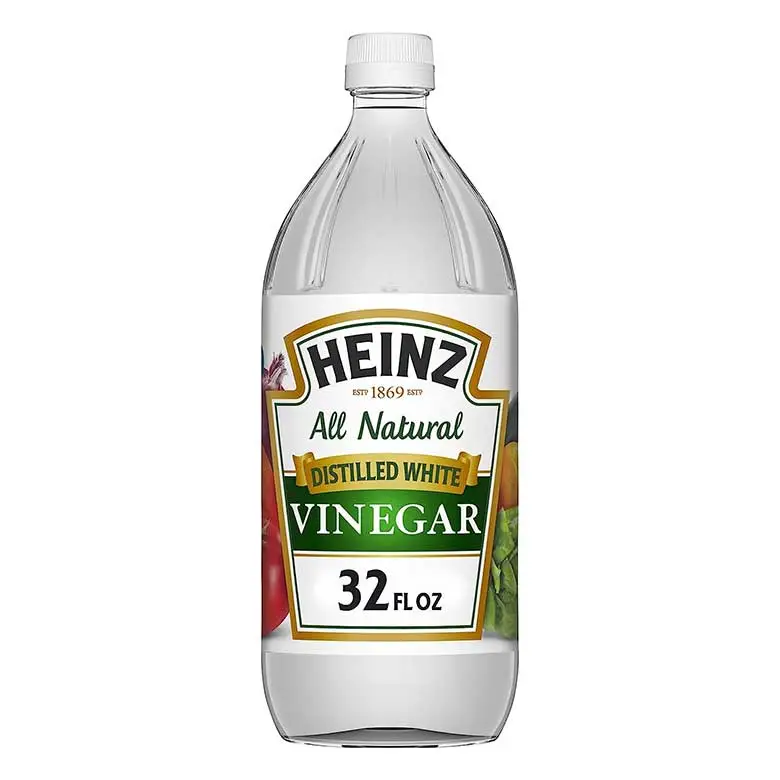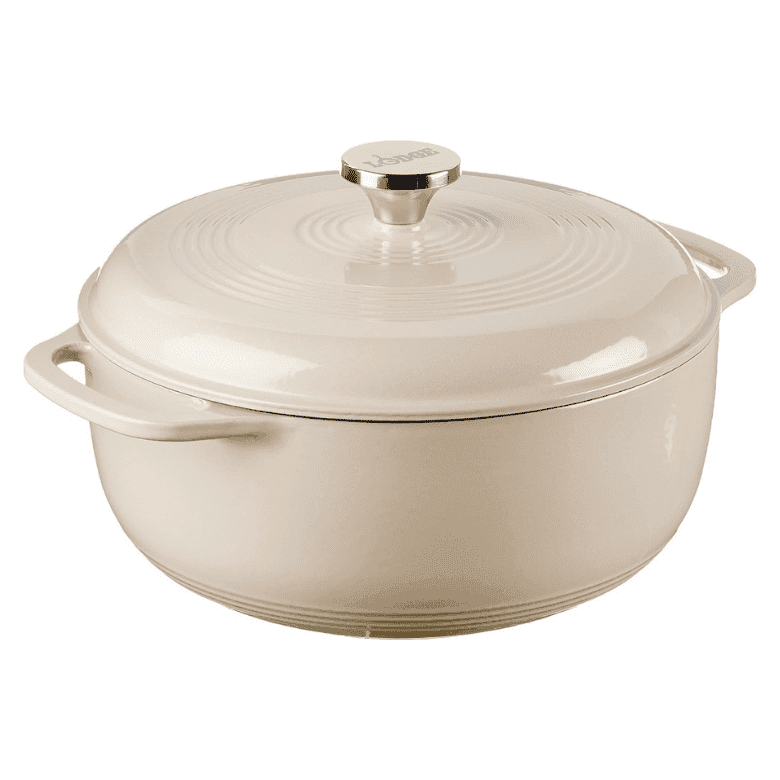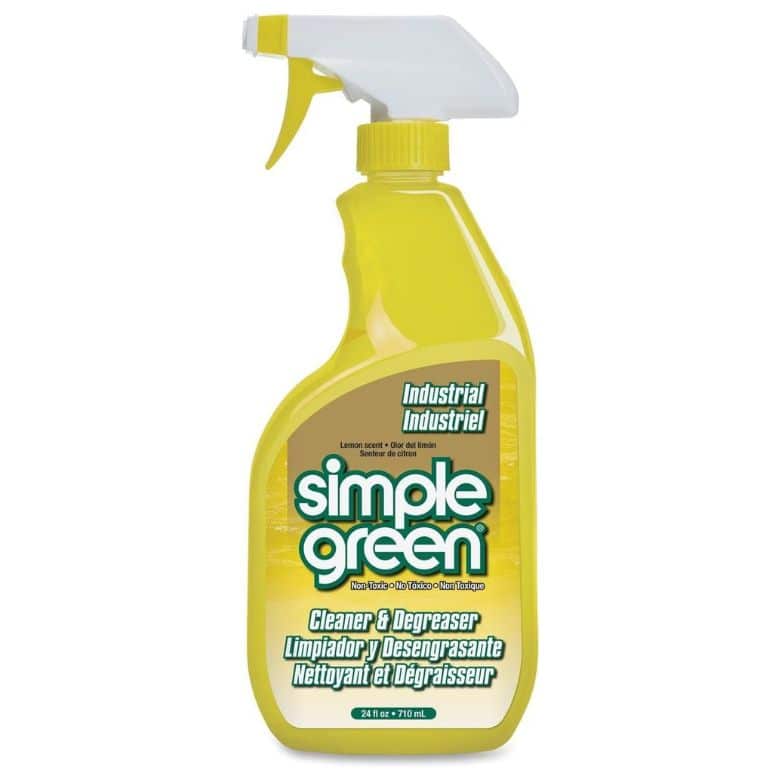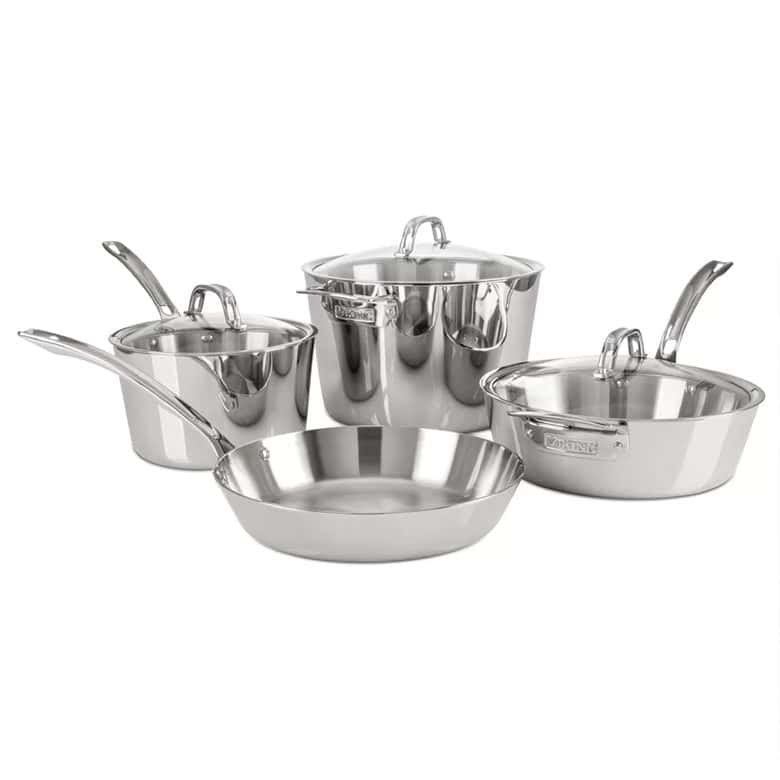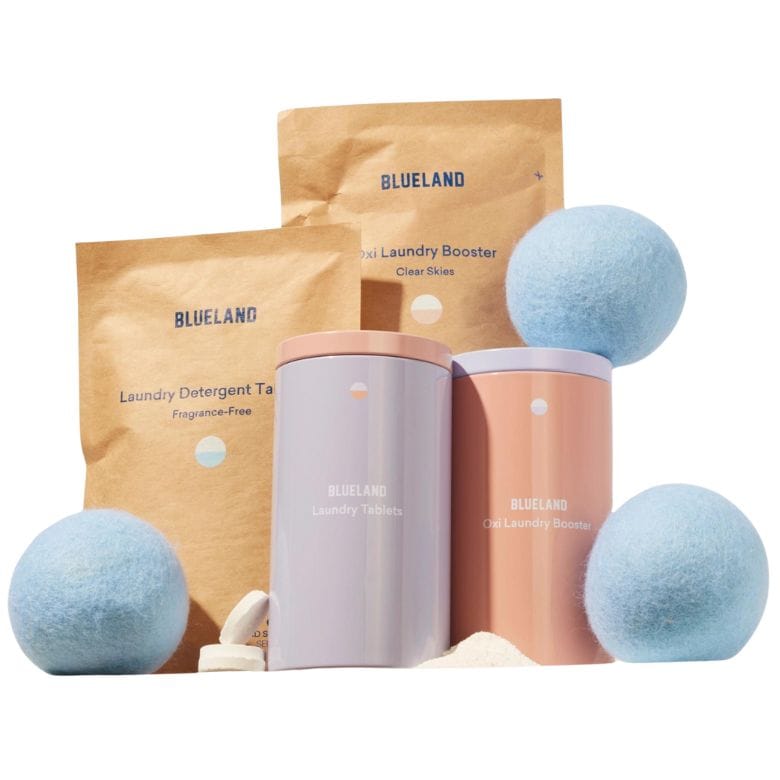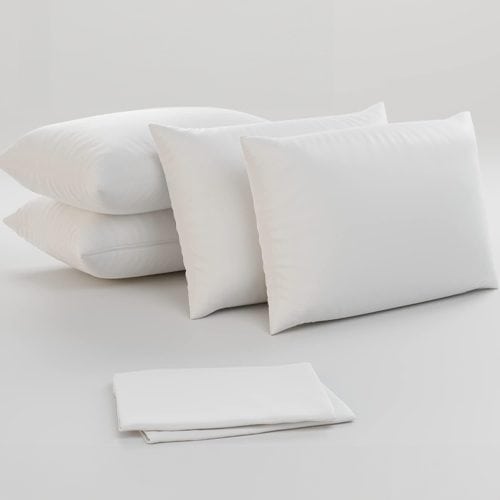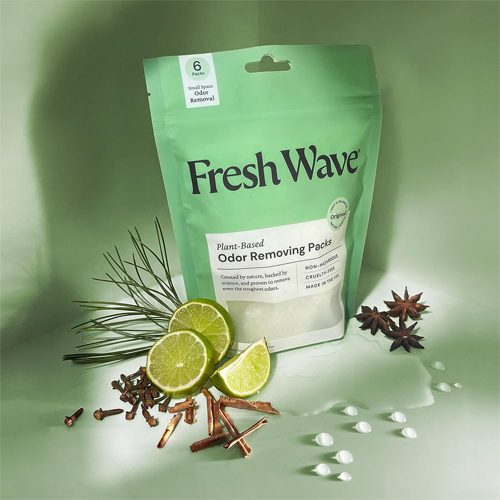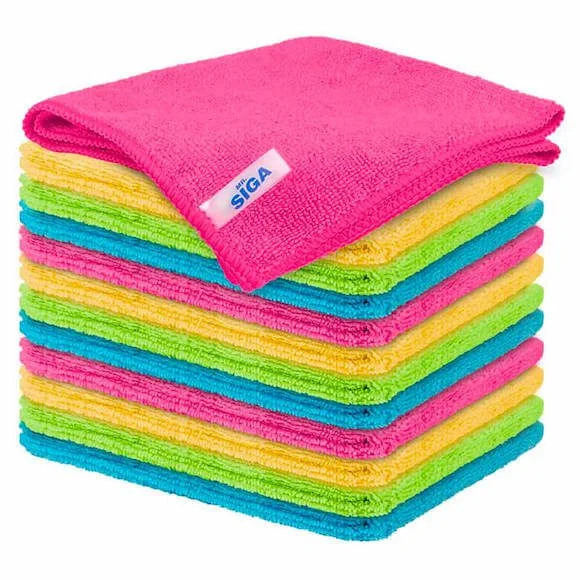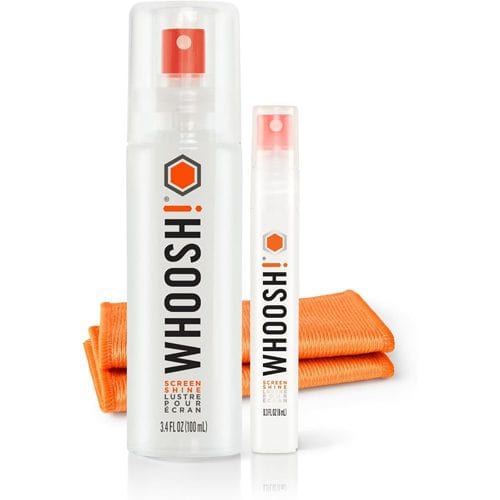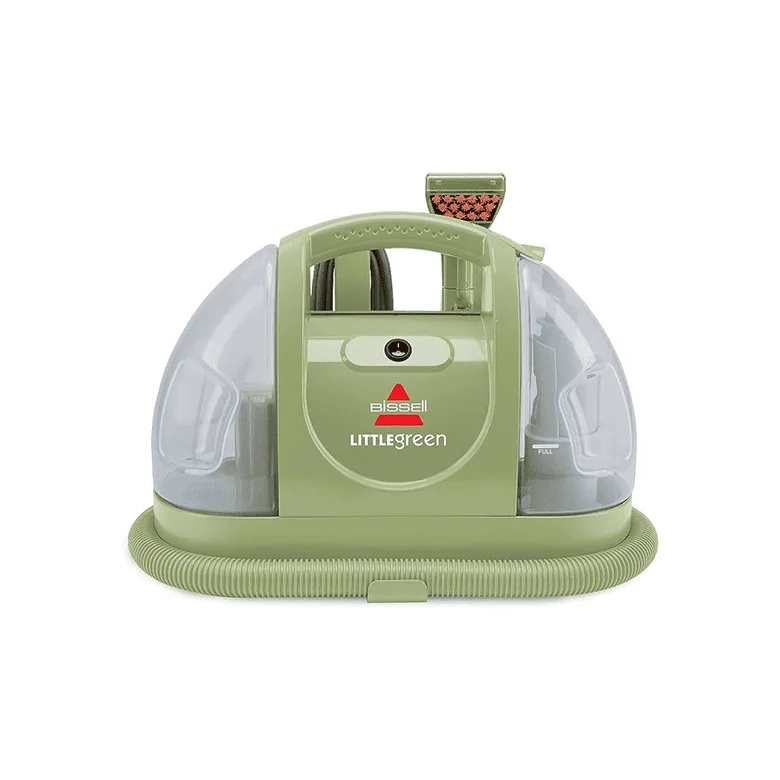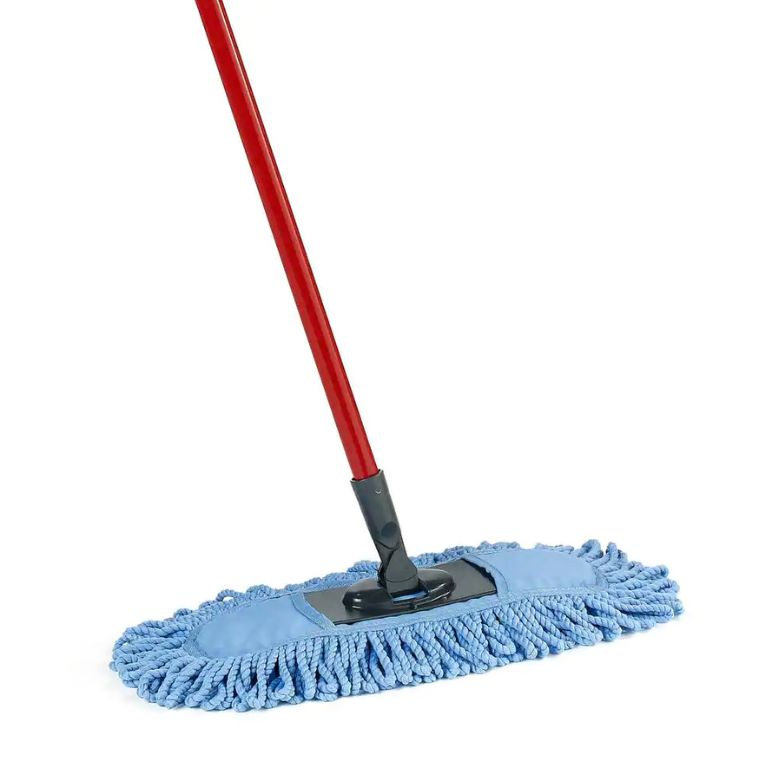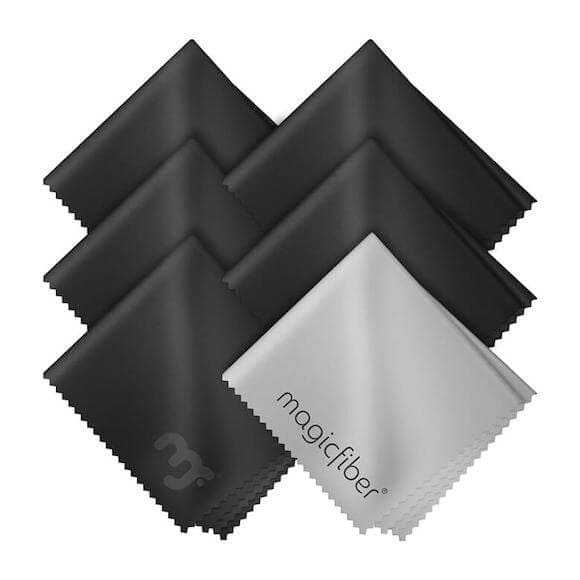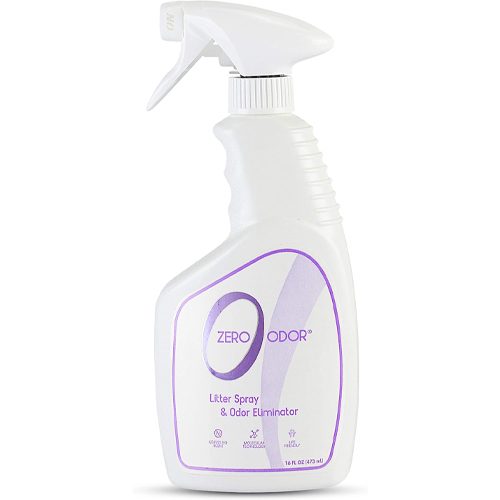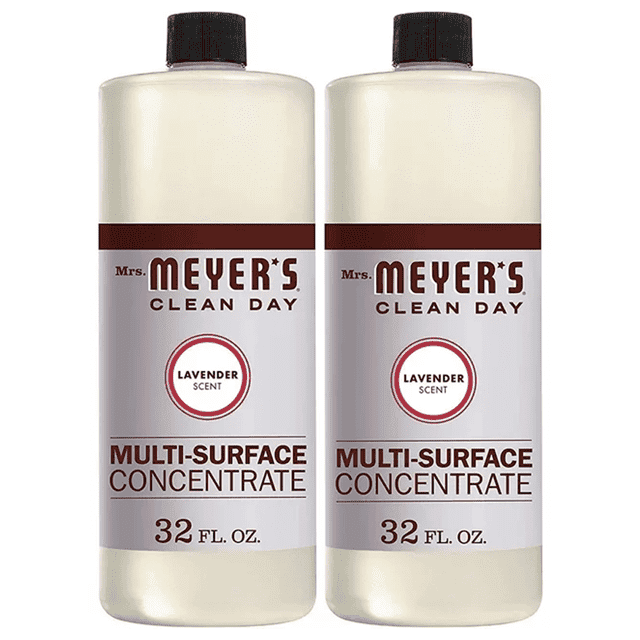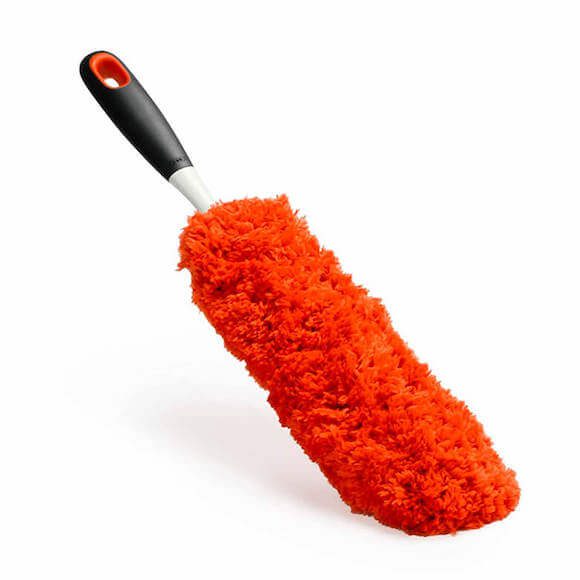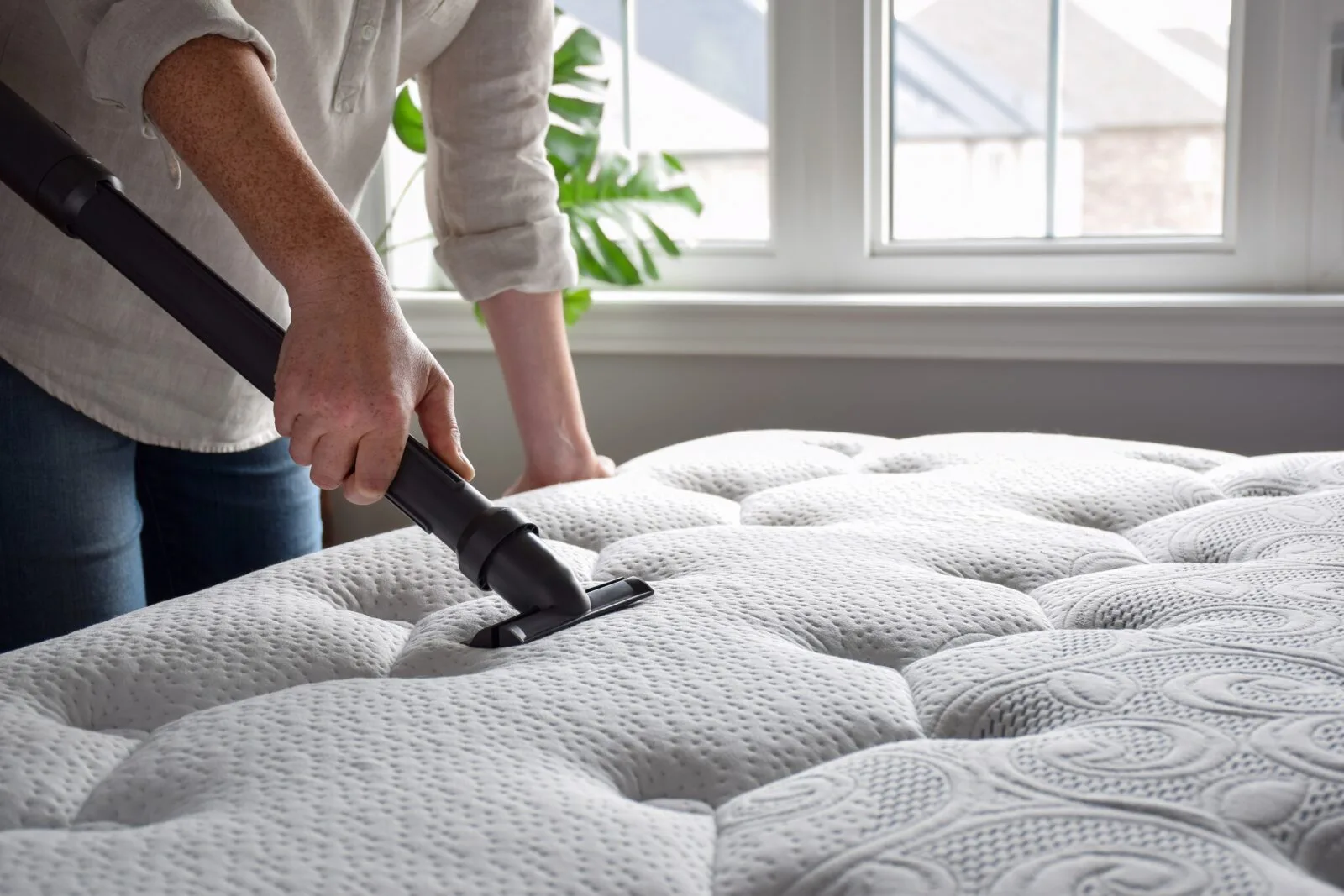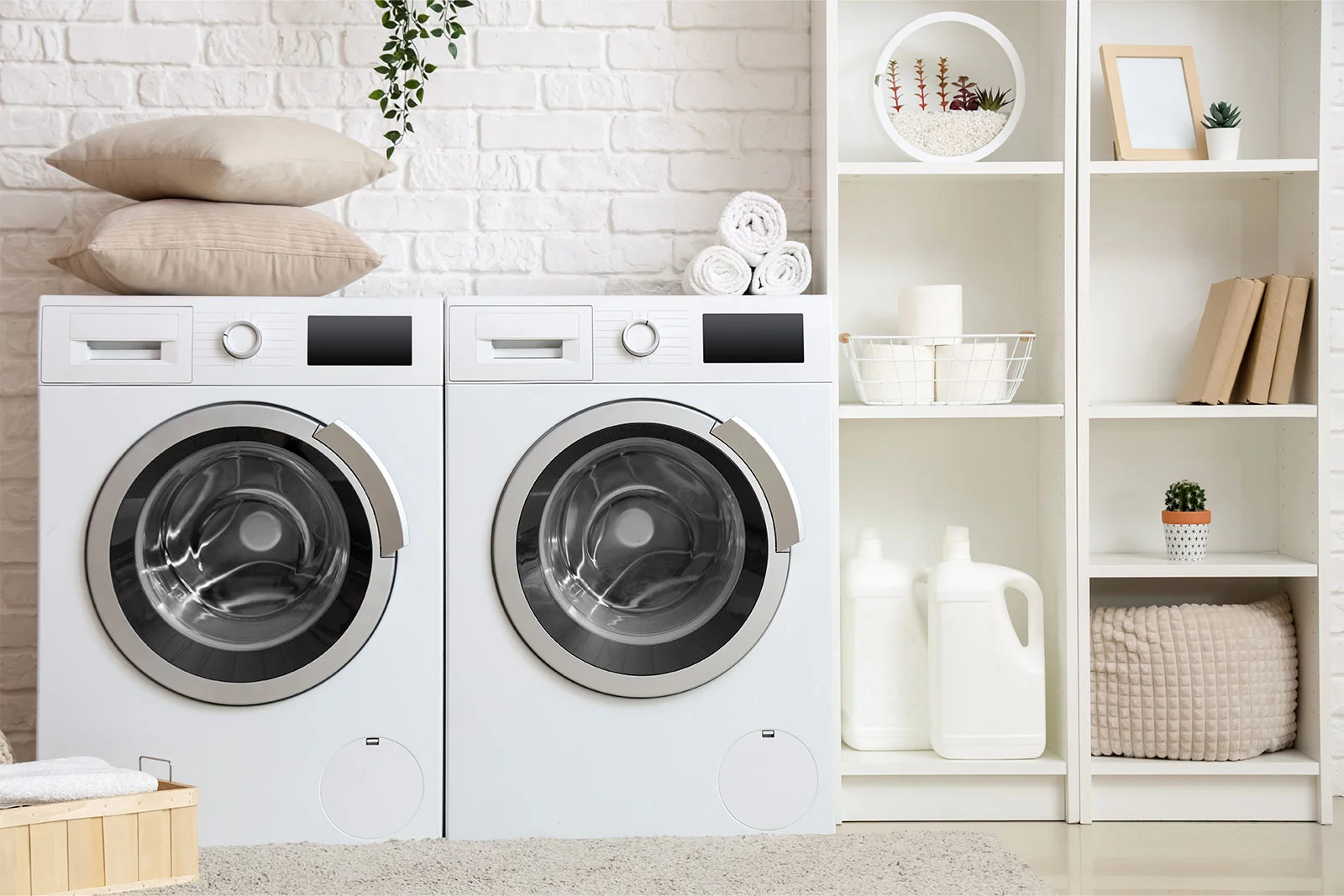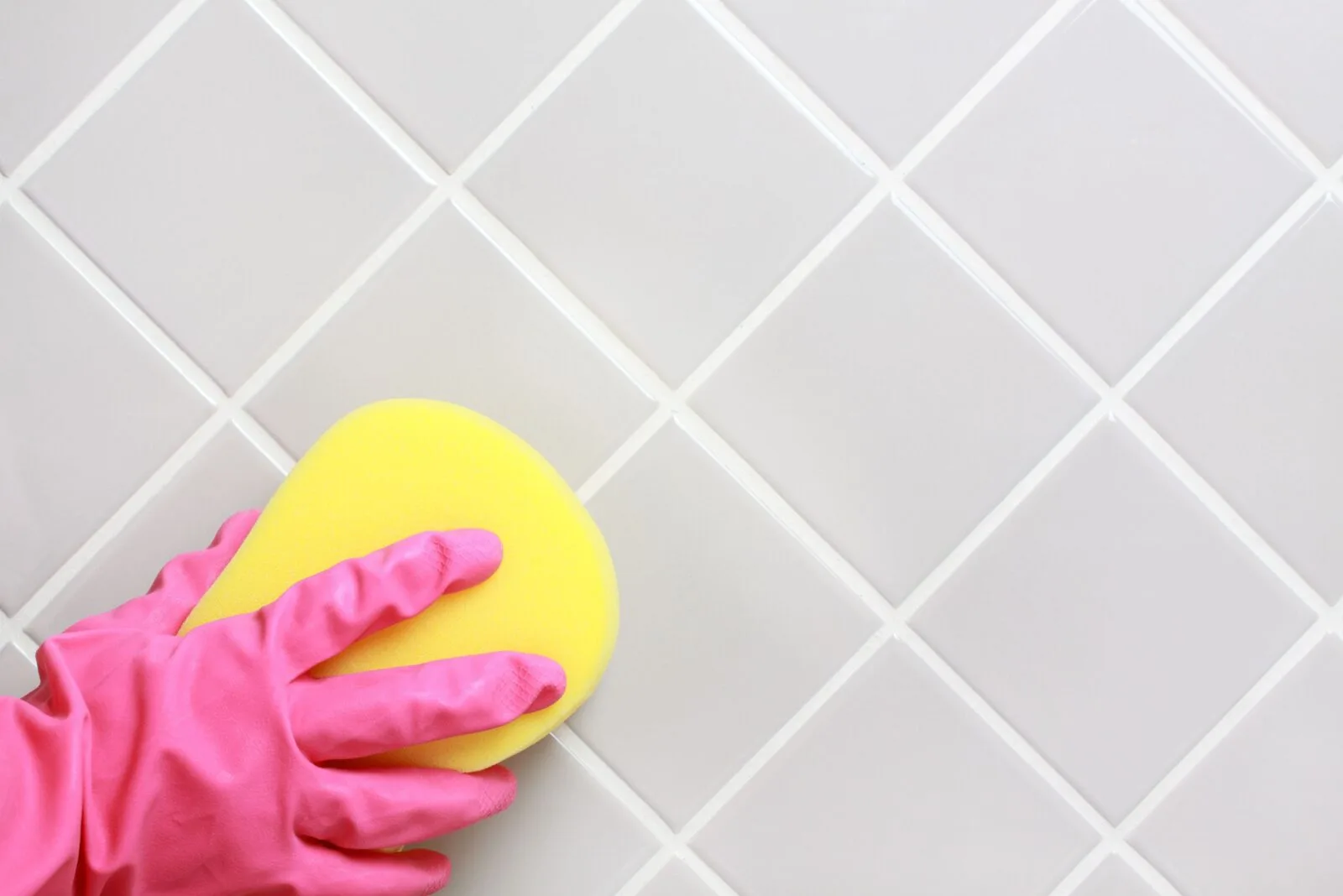The Most Frequently Asked Cleaning Questions and Qualms, Solved
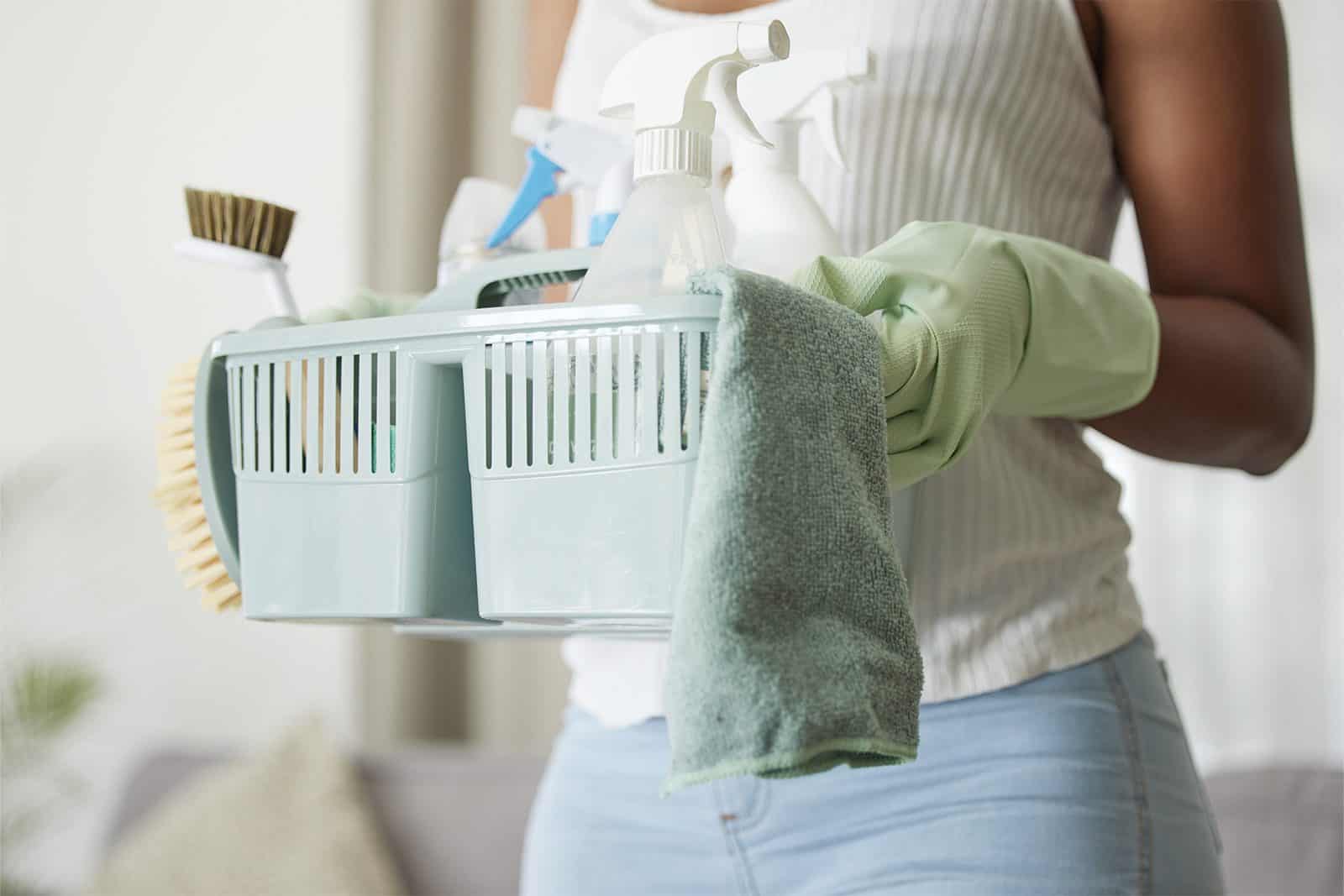
This site contains affiliate links to products. We may receive commission for purchases made through these links. Price at time of publish date may change.
When you’re getting ready to start on your spring cleaning checklist, of course, there are plenty of places you know you’ll have to get to. (There are also a ton of places that you’re probably not cleaning, but should.) The bathroom drain, your mattress, the inside of the fridge—these are all spaces that we’re used to deep cleaning. But what about those smaller spaces, and all the missed cleaning information that nobody ever taught us about? You know, common cleaning questions like, should you be sanitizing your sponges? Or what about how to stop the litter box from getting smelly? And does anyone really clean their couch as often as they should?
Whether they’re questions that you might feel embarrassed to ask or little things around the house that are bugging you that you just want the answer to, we’re here to help. We’ve mapped out some common cleaning questions by room below, so you can easily find and solve your cleaning conundrum. And we even called on our editors to see what cleaning qualms they want solved, too. Now, let’s get your questions answered so you can feel ready to tackle all your chores.
Kitchen Cleaning Questions
Should I Sanitize My Sponges?
Short answer: Yes. Sponges hold onto a lot of bacteria. Think about what your sponge has touched in the last week. Dirty plates, used glasses and reusable straws, cutting boards—that’s a ton of different substances! And your kitchen sponges can harbor that bacteria, which can result in buildup, mold, and yeast. (Gross.) It’s recommended to replace your kitchen sponge every two weeks or so. But get this—you should actually be sanitizing your sponges every day. So every night after you’ve finished the dishes, give your sponge a quick zap in the microwave (killing 99.99999% of bacteria) or let it run through the dishwasher (killing 99.9998%). The USDA states that these are the two best ways of sanitizing your sponges.
How Do I Know When It’s Time to Toss My Pans and Buy New Ones?
Generally, stainless steel and cast iron pans are going to have the longest lifespan of any cookware. Their natural durability means, when taken care of properly, they can last for decades. Nonstick cookware, however, will last around five years at most. According to Made In Cookware, some ways to tell if it’s time to replace your nonstick cookware are food sticking, rust, scratches, discoloration, peeling, or warping. It’s important to replace your nonstick cookware as soon as you see any signs of wear like this. Depending on your nonstick cookware’s chemical treatment—be it PTFE, ceramic, or anodized aluminum—serious damage to the pan can even pose a health risk. Though nonstick cookware serves its purpose and can be helpful when cooking certain foods, if you’re looking to get more bang for your buck and keep potential toxin risk low, opt for cast iron or stainless steel pans.
Why Is There Greasy Residue On My Open Kitchen Shelving?
You’re not going to love this answer, but that greasy residue is actually from the oils and fats you use to cook. It can splatter further than you’d think, including onto cupboards, shelving, and backsplashes. But there are easy ways to make sure your kitchen stays clean and residue-free. If you have a range hood, take out the filters every week or every other week and clean them in soapy water, and spray down the outside of the range regularly. If you don’t have a range hood and can’t install one, you’ll need to take extra care of your kitchen. Wipe down surfaces weekly with a mix of equal parts water and vinegar. Also consider purchasing a splatter screen for your pans. Whatever your setup, always wipe down open areas in the kitchen with an all-purpose cleaner or a disinfectant to keep your space free of residue, grime, and bacteria.
How Do I Clean My Coffee Pot?
Yes, you should be cleaning your coffee machine! Once a month or so, depending on how frequently you’re using your coffee pot, give your machine a good clean. Running the machine with vinegar does the trick. It’ll sanitize the machine, rid any parts of mold or mildew, and make your coffee taste better. In fact, how to clean a coffee machine is actually pretty simple! According to HGTV, you should pour four cups of vinegar through the reservoir, let the vinegar sit for 30 minutes to do its magic, and then run a brew cycle. Afterwards, make sure you run the machine through with plain water three or four times, or until the vinegar smell is fully gone. (Note: Some coffeemakers have specific cleaning instructions, so make sure to check your manual first.)
Kitchen Cleaning Must-Haves
Bedroom Cleaning Questions
How Frequently Should I Actually Wash My Sheets?
Experts say that you should wash your sheets at least once a week. And according to Sleep Foundation, “Some people should wash their sheets even more often than once a week. If you have pets, and particularly if you let them sleep in your bed, a wash every 3 – 4 days is recommended.” We spend a ton of time in bed (up to 60+ hours a week!), and with the combination of dirt, natural oils, sweat, and other buildup, it’s important to keep your bedding clean. And don’t forget to clean and flip your mattress every four months or so too.
How Do I Stop the Mirror From Getting Dusty So Quickly?
Quick lesson in physics: Dust is attracted to statically-charged surfaces. And something as simple as wiping a mirror down in a circular motion can actually create static electricity. This becomes a perfect love affair between a mirror and pesky dust particles. So eliminating that static from the beginning will prolong dust from settling the moment you’re done cleaning. First, wipe down the mirror, without any sprays or cleaners, in a side-to-side motion using a dry microfiber cloth. This will remove dust particles and avoid static. (Never use a paper towel—they leave residue, tiny dust particles, and can actually damage your mirror.) Afterward, use a cleaner of your choice and a clean microfiber cloth, again using the side-to-side method. Make sure to leave the mirror as dry as possible, so dust doesn’t stick to any leftover residue.
How Do I Keep Clothes Smelling Fresh After I Wash Them and Put Them Away?
Scent satchels, charcoal packs, and odor-removing packs will help keep your drawers and closets smelling fresh. Place a pack inside each of your drawers to keep your clothes smelling as clean as they did out of the dryer, and hang moisture-absorbing or scented satchels on a couple of your hangers inside the closet to do the same. As for regular upkeep on how to make your clothes smell good daily, it’s as simple as using a laundry detergent that has a scent you love.
Can You Wash Your Pillows? If So, How Do You Wash Them?
You can (and definitely should!) be cleaning your pillows around two to four times per year, depending on if you have pets, tend to be a hot sleeper, or maybe do some midnight snacking in bed. Depending on your pillow fill, Consumer Reports recommends different washing strategies. Wash your pillows in the washing machine on the gentle cycle if they’re down, feather-filled, or polyester, and hand-wash with a damp cloth and mild detergent if they’re made of memory foam. But always follow the manufacturer guidelines first before jumping in. Pillow protectors and mattress protectors will also help keep your pillows and bed linens in good shape.
Bedroom Cleaning Products
Living Room Cleaning Questions
How Often Should I Clean My Couch?
Regular vacuum cleaning between and underneath couch cushions and pillows should happen weekly or biweekly. If you eat or drink, cuddle with your pets, and/or sleep on the couch, you should be vacuuming the cushions more frequently. But deep cleaning, using an upholstery cleaner (like the Bissell Little Green Upholstery Cleaner), is best done every four to six months, and more often if you deal with things like pet odor.
How Frequently Should I Mop My Floors?
First thing’s first—your environment, lifestyle, and household will dramatically change this answer. Pets, kids, how often you host, and whether or not you allow shoes around the house are all small things to consider when thinking about your mopping schedule. A good rule of thumb is to vacuum or sweep daily, and mop at least once a week. But if you have a more active household, mopping every other day or every three days is a good practice. Bonus: If you’re someone who likes efficiency, consider investing in a vacuum mop, so you can combine two chores into one.
How Do I Clean the TV Without Leaving Streaks On the Screen?
Though glass cleaners and all-purpose sprays are great for cleaning surfaces like mirrors, tabletops, and other home areas, your computer and TV screens require different care. If you’re wondering how to clean the TV without leaving any streaks, a cleaning spray specifically made for screens will be your best bet. There are a ton of great eco-friendly screen cleaning products that clean everything from laptops to tablets, televisions, and other electronic devices. Whichever product you choose though, a screen cleaner should be part of your regular cleaning arsenal.
Miscellaneous Cleaning Questions
How Do I Clean My Cell Phone?
Take a second and think about how frequently you touch your phone. Often, we’re typing on it with dirty hands, pressing the phone up to our skin when we make phone calls, letting it sit at the bottom of bags or inside pockets… your cell phone touches a lot of surfaces. Which means you should be cleaning it often—once a week at the very most, but ideally once a day. Verizon recommends using an antibacterial cloth or a 70% isopropyl alcohol swab and gently wiping down the outside of your cell phone and phone case. Make sure to avoid letting moisture into any ports. This way, your phone stays sanitized and you minimize the risk of germs spreading onto other surfaces in your home.
How Do I Keep the Litter Box from Smelling?
Litter box odor solutions can seem like a dead end. Sometimes, it feels like no matter what you do, the smell is always lingering somehow. We’re here to help you change that. The type of kitty litter you use often has an affect on how it holds onto smells. Clay-based and non-clumping litters are the least effective at trapping smells, while plant-based, silica-based, and clumping litter have better odor control. Apart from your litter, though, cleaning the litter box daily and washing the litter box once a month, and sprinkling baking soda inside of the litter box are surefire ways to get your litter box odor-free. One of our editors also recommends using the Zero Odor Litter Box spray to help keep stinks at bay.
Where Should I Really Be Dusting?
Your regular dusting schedule and your deep clean dusting schedule will vary. It may seem like an insignificant task, but dusting regularly can help prevent sicknesses, reduce allergies, and help keep your entire home clean. Think about the surfaces that get frequent use or spaces that get more traffic, like the kitchen, living room, bedroom, and dining room. Where you should be dusting in your house regularly often comes down to where you spend the most time. So surfaces in these rooms should get a weekly wipe-down and thorough surface dusting. Sparkle and Shine says dusting places like windowsills, door frames, ceiling fans, and walls can be done less frequently, when you give your house a good deep cleaning.
I Don’t Want to Use Harsh Chemicals. How Can I Clean Sustainably?
If you’re someone who opts for eco-friendly cleaners or hacks that use household items to disinfect, you’re not alone! Around here, we love utilizing eco-conscious swaps whenever we can, especially with pets and kids in the house. There are a few items that you should always have laying around that will work on almost anything: baking soda, distilled white vinegar, dish soap, and rubbing alcohol. Consider making your own garbage disposal bombs using vinegar and lemon peels, or tackling the bathtub drain with baking soda and white vinegar. Sustainable cleaning options are abundant, and often, just as effective as cleaning with chemicals.
Everyday, Everywhere Cleaning Supplies
How to Clean a Mattress in 5 Easy Steps
Supplies, steps, and tips to get your mattress looking clean and smelling fresh.
Read More